 W
WBa Jin was a Chinese author and political activist who wrote The Family in the 20th century.
 W
WXie Wanying, better known by her pen name Bing Xin or Xie Bingxin, was one of the most prolific Chinese women writers of the 20th century. Many of her works were written for young readers. She was the chairperson of the China Federation of Literary and Art Circles. Her pen name Bing Xin carries the meaning of a morally pure heart, and is taken from a line in a Tang Dynasty poem by Wang Changling.
 W
WCao Wenxuan is a Chinese novelist, best known for his works of children's literature. Cao is the vice president of Beijing Writers Association. He is also a professor and doctoral tutor at Peking University. His novels have been translated into English, Dutch, French, German, Italian, Japanese, Korean, and Serbian.
 W
WChen Maiping is a Chinese-Swedish writer and poet, known by the pen name Wan Zhi (万之). He has written mostly short stories, and has also translated literature from English and Swedish to Chinese.
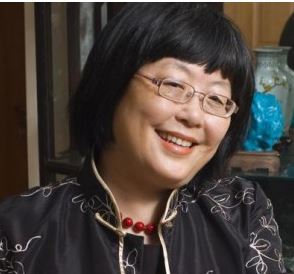 W
WCheng Naishan was a writer from China who came from an upper-class background, had lived in Hong Kong, was trained in the English language, and was a Christian. Unlike her contemporaries, she taught English and later wrote in English. One of the most well-known of the Shanghai School (haipai) writing style, Cheng revived the literary legacy of the elites who had been rejected during the Cultural Revolution. She won numerous awards for her novels and short stories before embarking on a series of non-fiction works telling the history of "Old Shanghai".
 W
WDai Qing is a journalist and activist for China-related issues; most significantly against the Three Gorges Dam Project. Dai is also an author who has published many influential books, articles, and journals.
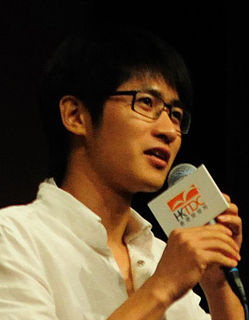 W
WHan Han is a Chinese professional rally driver, best-selling author, singer, creator of Party, One and China's most popular blogger. He has published five novels to date, and is represented by the Hong Kong-based Peony Literary Agency. He is also involved in music production. In May 2010, Han Han was named one of the most influential people in the world by Time magazine. In September 2010, British magazine New Statesman listed Han Han at 48th place in the list of "The World's 50 Most Influential Figures 2010". In June 2010, Han Han was interviewed by CNN as China's rebel writer who has become the unofficial voice for his generation.
 W
WHan Shaogong is a Chinese novelist and fiction writer.
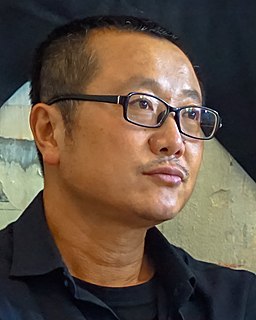 W
WLiu Cixin is a Chinese science fiction writer. He is a nine-time winner of the Galaxy Award, winner of the 2015 Hugo Award and the 2017 Locus Award as well as a nominee for the Nebula Award. In English translations of his works, his name is given in the form Cixin Liu.
 W
WLiu Sola is a Chinese composer, vocalist, music producer, and author.
 W
WMa Jian is a Chinese-born British writer.
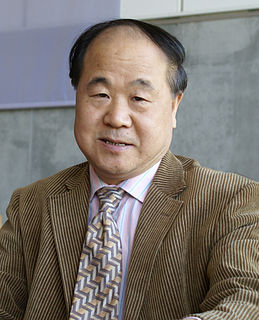 W
WGuan Moye, better known by the pen name Mo Yan, is a Chinese novelist and short story writer. Donald Morrison of U.S. news magazine TIME referred to him as "one of the most famous, oft-banned and widely pirated of all Chinese writers", and Jim Leach called him the Chinese answer to Franz Kafka or Joseph Heller.
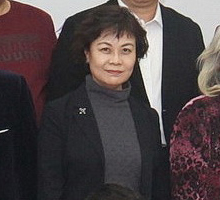 W
WTie Ning is a Chinese author based in Beijing, China. She has, since 2006, been the president of the China Writers Association and is a member of the 18th Central Committee of the Communist Party of China. Her works include short stories, "Ah, Xiangxue", The Red Shirt Without Buttons, "June's Big Topic", Wheat Straw Stack, Cotton Stack, "The Village Road Takes Me Home", Rose Door, "How Long is Forever" and Da Yu Nü.
 W
WWang Meng is a Chinese writer who served as Minister of Culture from 1986 to 1989.
 W
WGeling Yan is a prominent Chinese-American writer, author of several novels, short stories and screenplays. Much of her work has been adapted for film. She is currently represented by the Hong Kong-based Peony Literary Agency.
 W
WYan Lianke is a Chinese writer of novels and short stories, based in Beijing. His work is highly satirical, which has resulted in some of his most renowned works being banned in China. He has admitted to self-censorship while writing his stories in order to avoid censorship.
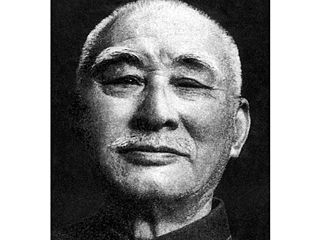 W
WYe Shengtao was a Chinese writer, journalist, educator, publisher and politician. He was a founder of the Association for Literary Studies (文學研究會), the first literature association during the May Fourth Movement in China. He served as the Vice-Minister of Culture of the People's Republic of China.
 W
WYu Qiuyu is a Chinese writer and scholar.
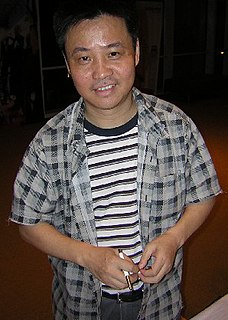 W
WYu Hua is a Chinese author, born April 3, 1960 in Hangzhou, Zhejiang province. Shortly after his debut as a fiction writer in 1983, Yu Hua was regarded as a promising avant-garde or post-New Wave writer. Many critics also regard him as a champion for Chinese meta-fictional or postmodernist writing. His novels To Live (1993) and Chronicle of a Blood Merchant (1995) were widely acclaimed. When he experimented with more chaotic themes like in Brothers (2005–06), Yu Hua received criticism from critics and readers.
 W
WZhang Yueran is a Chinese writer.